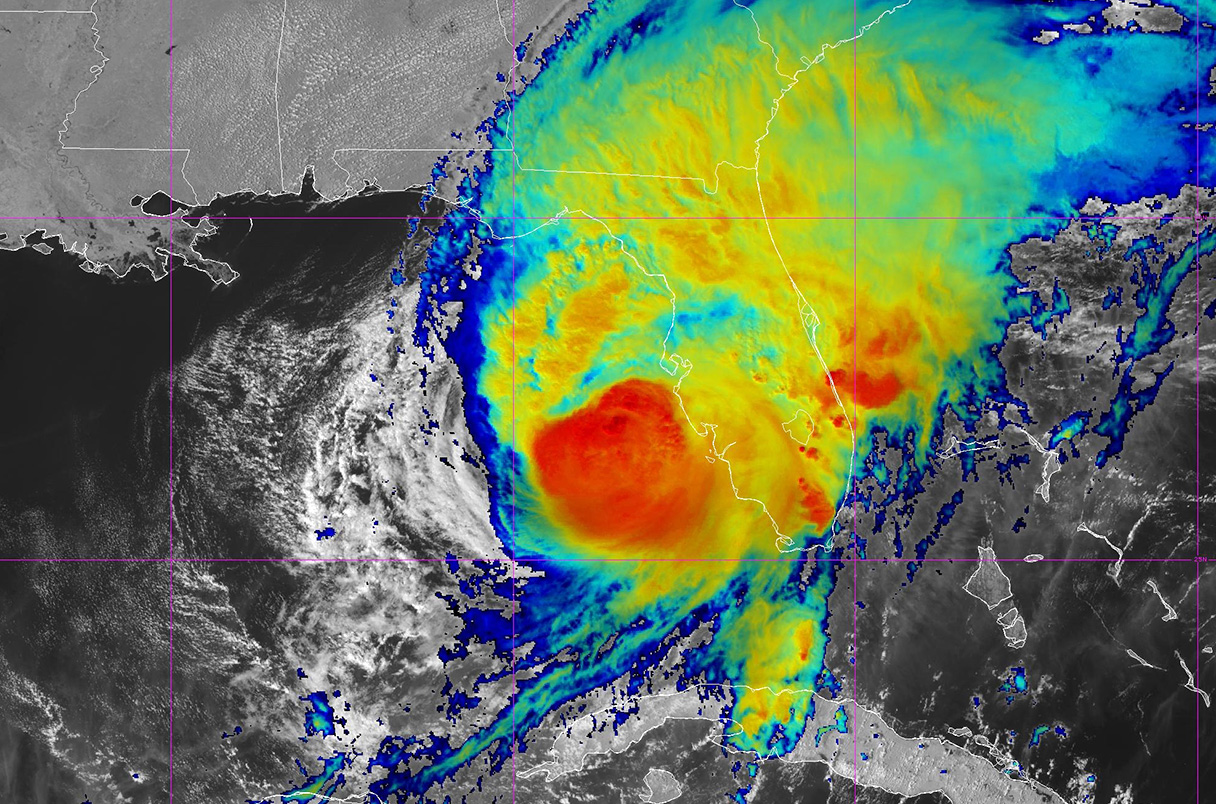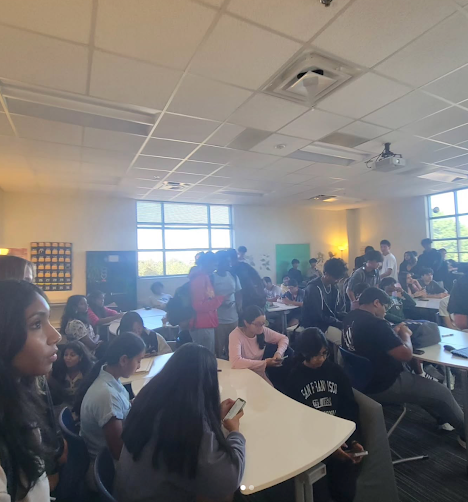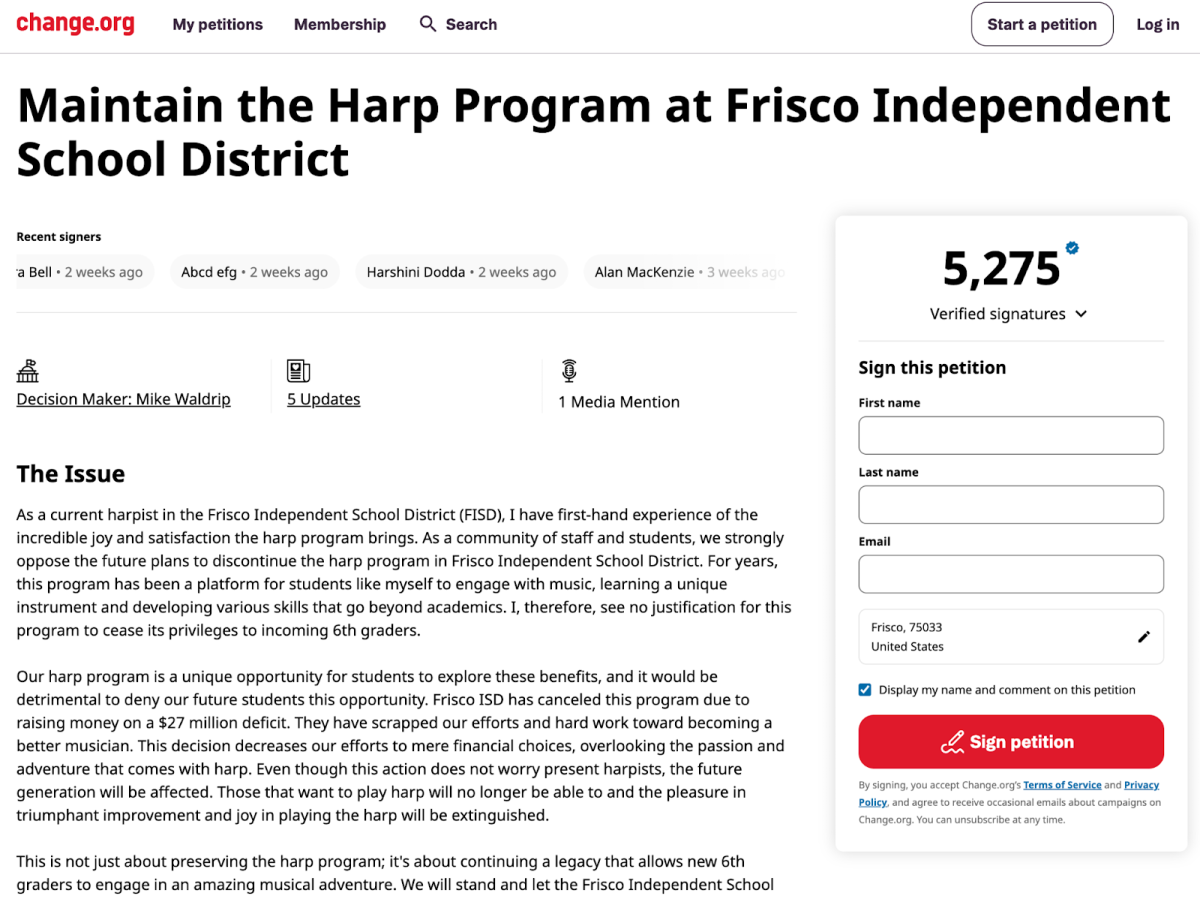FRISCO, TEXAS – The news has been far from devoid of discussions surrounding the hurricanes that devastated the East Coast. However, for those not living somewhere directly impacted by the 15-foot storm surges, 155 mph winds, and dozens of tornadoes, it’s difficult to understand the many implications of this unusual weather pattern.
While Florida is no stranger to hurricanes, the formation of two major hurricanes in the Gulf of Mexico within two weeks is far from normal. Scientists say what has changed is the speed and intensity it takes a hurricane to become stronger. This comes as a result of the globe continuing to grow warmer due to greenhouse gas emissions and other human activities. When the ocean warms, hurricanes are provided with more energy, resulting in the rapid intensification seen in both hurricanes, particularly Hurricane Milton.
Because the global warming trend is attributed to human activity, it’s important that citizens around the globe make efforts to reduce their carbon footprint to help curb the effects of climate change. One major way to take action against climate change is limiting consumption, particularly of unethically produced goods. It’s easy to get absorbed by the limitless options for online and in-person shopping with platforms such as Shein and Temu offering goods at low prices. However, these convenient options come at a high cost for our planet.
Shein and Temu are among many corporations in the fashion industry that have been classified as “fast-fashion.” The rapid production utilized by fast-fashion companies often occurs in developing countries, such as Bangladesh and Vietnam, and puts a strain on their local environments, stripping the area of necessary resources such as water and energy sources.
Although Florida isn’t exactly a hotspot for fashion production, the activities occurring overseas in the aforementioned hotspots are what puts Florida, and many other regions worldwide, at risk. The emissions produced by fashion factories contribute to a total of 10% of the world’s carbon emissions, and are estimated to jump to 50% in the next six years. By purchasing from these companies, people encourage production to become more and more strenuous on the environment to meet the demand.
In a society engulfed by consumerism and ever-changing trends, it can be difficult to find ways to limit individual consumption, especially from fast-fashion companies that make consumption so accessible. However, sustainability can be accessible too. Purchasing or renting second-hand clothing is a great way to reduce waste and demand for production.
Another way to ensure both style and sustainability is the investment in timeless pieces, or a capsule wardrobe, to avoid the need to be replaced with the ebb and flow of fashion trends. Although fast fashion provides a cheap alternative to many retailers, shopping locally and purchasing from ethical vendors is immensely helpful in the preservation of Earth.
No one is perfect, and it can be unreasonable to expect people to entirely shift their spending and consumption habits; however, the environmental disasters occurring not only in Florida, but worldwide, highlight the dire necessity to take steps in the direction of sustainability, with the limitation of fast-fashion consumption being one of countless ways to do so. Our conscious choices today can have a vast impact on the future– one where the devastating effects of climate change no longer threaten our communities.




















